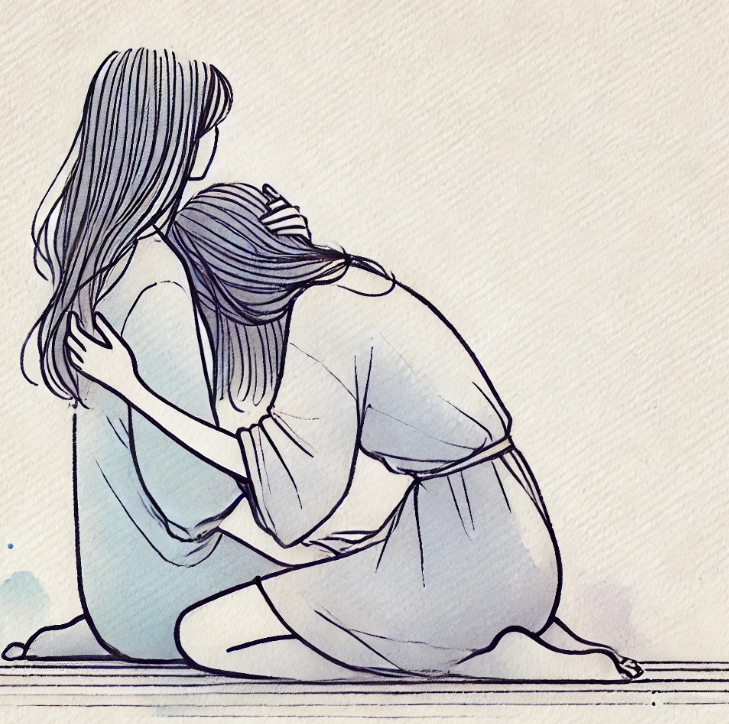
How Abortion Funds Provide More Than Financial Support
Access to reproductive healthcare, especially abortion, is more than a hot-button political issue—it’s an everyday challenge for countless people. And while we often focus on the financial burdens, the real story is about the unsung heroes who help women navigate a fragmented, confusing system to get the care they need. In Texas, where restrictive abortion laws make access especially difficult, local abortion assistance funds are stepping up, offering not just money but emotional support, logistical coordination, and critical guidance.
Bridging Information Gaps in a Crisis
Imagine being told your scheduled abortion was suddenly canceled due to an executive order. That’s the situation many Texans found themselves in during the COVID-19 pandemic, when the governor issued a temporary ban on abortions under the guise of preserving medical resources. Confusion was rampant. Could clinics still operate? What services were available? Callers didn’t know where to turn, but abortion assistance funds stepped in to fill the information gap.
Volunteers and staff at these funds weren’t just providing money—they were becoming makeshift “healthcare navigators.” They updated callers on the ever-shifting legal landscape and worked together to find solutions. Volunteers from various funds described these interactions as deeply personal. It wasn’t just about answering questions, but actively engaging in “problem solving” and helping callers figure out “where they could go” for care. The relationship between volunteer and caller became a collaboration—a partnership to help women overcome barriers that often seemed insurmountable.
Emotional Support in Times of Crisis
Now, let’s shift gears and think about the emotional toll. Many women seeking abortions are already under intense stress. They may be dealing with an unplanned pregnancy, financial difficulties, or family pressures. Add to that the stress of a global pandemic and a state government actively working to block access to care, and it’s easy to see why so many callers felt “defeated” and “overwhelmed.”
Volunteers and staff provided a lifeline, offering much-needed emotional support. They didn’t just help callers find a clinic; they reassured them that it was possible to overcome logistical and emotional hurdles. One volunteer shared how they would text back and forth with patients, offering reassurance with lines like, “Don’t worry, we’ll get it done.” These volunteers became confidants, providing not just practical guidance but also a steadying hand in moments of despair.
One powerful anecdote involved a patient who was terrified of traveling out of state for her procedure. Volunteers calmly explained that she wasn’t alone—many other women were making similar long, daunting trips. Knowing that others were facing the same challenges helped the woman feel less isolated and more determined. Sometimes, just knowing you’re not alone makes all the difference.
Coordinating Complex Logistical Needs
But emotional support isn’t where the assistance stops. Travel, lodging, and child care are just a few of the logistical hurdles that callers faced. With clinics in Texas shutting down, many patients had no choice but to travel hundreds of miles to another state. For many women, especially those with limited resources, navigating these logistics was overwhelming.
Abortion assistance funds went above and beyond, helping callers arrange everything from plane tickets to hotel stays. For women who had never traveled outside of their hometowns, or who were facing fears about COVID-19, this level of support was critical. One volunteer explained how they reassured women that they could make the trip, offering to coordinate every aspect of their journey.
Picture this: You’ve never flown before, you don’t know how to navigate an airport, and now you have to fly alone, across state lines, to get medical care. For many women, this was the reality. Abortion funds didn’t just give them money—they helped them feel confident and supported every step of the way.
Facing Structural Oppressions Head-On
Abortion access is not just about geography—it’s about systemic inequalities. Immigrants, minors, and women experiencing interpersonal violence face additional, often insurmountable, barriers. For example, undocumented women worried about encountering immigration checkpoints on their way to out-of-state clinics. How do you travel for care when you’re afraid of being deported?
Volunteers tackled these fears head-on. They would explain patients’ rights and even offer basic “know your rights” training over the phone, giving women the confidence to travel without fear of deportation. This kind of person-centered support went far beyond what anyone might expect from a charity—it was a holistic approach to care that centered the patient’s safety and autonomy.
Minors and women in abusive relationships faced their own unique challenges. One caller, stuck at home due to COVID-19 lockdowns, couldn’t leave her abusive partner to make it to her appointment. Volunteers worked tirelessly to help, but sometimes, the barriers were too great. Sadly, not every story has a happy ending, but the relentless efforts of these volunteers meant that many more women got the care they needed than would have otherwise.
The Power of Collaboration
One of the most striking aspects of this work is the level of collaboration between different organizations. In many cases, a single abortion fund couldn’t meet all of a caller’s needs. Volunteers from different funds would come together, pooling their resources to cover travel, lodging, and medical costs. One volunteer shared how they worked with three different funds to help a caller travel out of state and cover the entire cost of her abortion.
This kind of collaboration wasn’t just helpful—it was essential. Without it, many women would have been left without options, unable to overcome the financial and logistical barriers standing in their way.
Looking Ahead: A System Under Strain
As more states move to restrict abortion access, the need for abortion assistance funds will only grow. These organizations, often run by volunteers and relying on donations, are filling a critical gap in our healthcare system. But the strain is showing. Volunteers are being asked to do more with less, and the financial burden on these organizations continues to grow.
Looking ahead, one thing is clear: we need to support abortion funds, not just financially but also by advocating for systemic change. Abortion is healthcare, and no one should have to navigate this maze alone.
Thought-Provoking Questions for the Reader:
- How would you feel if your access to essential healthcare depended on the kindness of strangers?
- What can we do as a society to better support those who need reproductive care, especially in the face of growing restrictions?




